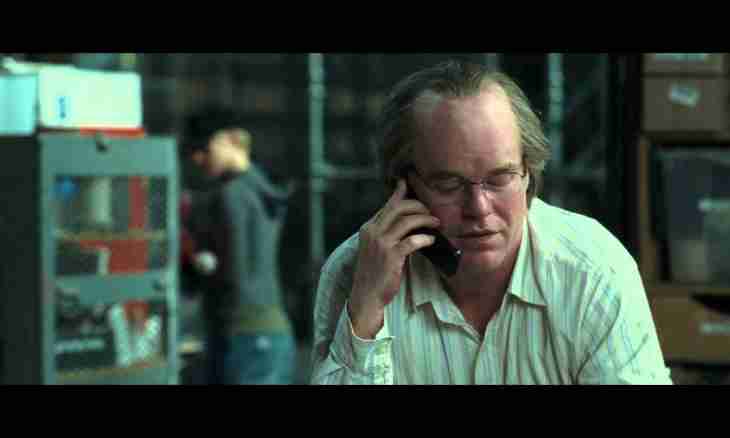The synecdoche (the accent becomes on the second syllable) is one of literary ladders, that is art means, figures of speech designed to make the literary language more expressive.
About literary tracks
Tracks in literary criticism call various rhetorical figures – a metaphor, a metonymy, a synecdoche, an epithet, a hyperbole and so on.
The metonymy ("renaming") is a designation of one subject through another, a phrase where one word is replaced with another. For example, when we say that we at dinner ate "two plates, meaning, of course, not eating of plates, and two portions of soup – we use a metonymy.
The synecdoche is a special case of a metonymy.
Speaking "And you, uniforms blue …", M.Yu. Lermontov means by "uniforms" of their carriers – gendarmes. One more known example of use metonymies is a phrase "All flags on a visit will be to us" from Pushkin "Bronze Horseman": flags are meant as the countries. Distinguish several types of a metonymy: common-language (that is usable in the ordinary speech), all-poetic (characteristic of literary creativity), all-newspaper (often meeting in journalism), individual and author's and individually creative.
Synecdoche
Synecdoche – a kind of a metonymy at which a part is designated through whole, whole through a part, singular through multiple or multiple through the only thing.
Examples of application of a synecdoche in literature and life are very numerous.
For example, at Nikolay Gogol we read: "Everything sleeps – both the person, and an animal, and a bird". In this case it is meant that many people sleep, animals and birds, that is plural is designated through the only thing. Example from Lermontov: "Also it was heard till the dawn as the Frenchman exulted" - the great number of the French means. "All of us look in Napoleony" (Alexander Pushkin) – here on the contrary, it is obvious that one specific person is meant, that is singular is designated through multiple. Whether "You in chtm-nibud have need? — In a roof for my family" (Alexander Herzen) – the roof is meant as the house. That is whole it is designated through the part. In the same way at Nikolay Gogol: "Hey, beard! And how to pass from here to Plyushkin?" - "beard" is meant, of course, as its carrier – the person. "Well, sit down, the star" (Vladimir Mayakovsky) – here instead of the specific name (only sun) is called patrimonial (stars can be much – the moon, stars). "Most of all protect kopek" (Nikolay Gogol) – on the contrary, instead of the patrimonial name (money) the kopek is used specific, concrete ". By the way, this synecdoche is rather often used also in household turns of speech.

